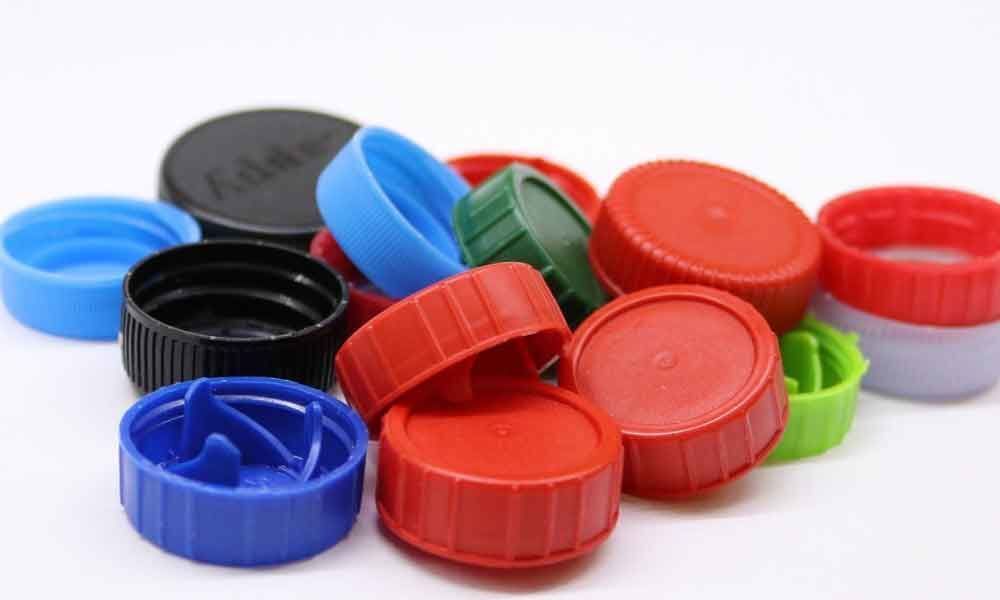Live
- Ponnam urges KGBV teachers to call off strike
- India, Pak in same group; to clash on Feb 23 in Dubai
- India, Pak in same group; to clash on Feb 23 in Dubai
- Kareena reveals her favourite Shyam Benegal film featuring sister Karisma
- A day with Collector Jeebanananda Mohanty
- Odisha signs pact to operate hydrogen-powered bus
- I am a victim of chit fund scam too: Majhi
- Telangana’s Ganapathi Self-Help Group Emerges Winner at PepsiCo India’s RevolutioNari Awards 2024
- Karnataka State real estate body faces problems over fine collection from builders
- ‘Mother India’ Shefali Shah goes river rafting in Rishikesh









